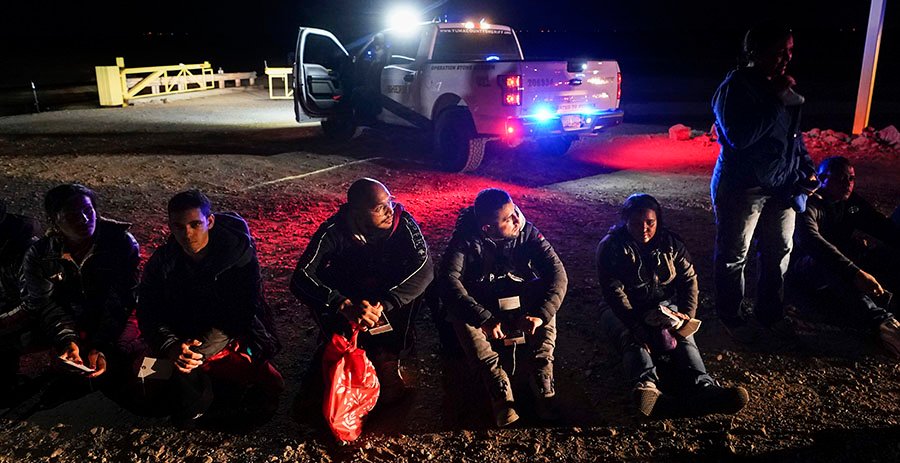Ann Timmer
Border Measures Set for Crucial Ballot Decision

In a significant ruling, the Arizona Supreme Court has paved the way for Proposition 314 to appear on the 2024 ballot. This measure introduces new criminal statutes that penalize illegal border crossings and enhance penalties for selling “lethal fentanyl.”
The court’s unanimous decision upheld a previous ruling by the Maricopa County Superior Court, affirming that Proposition 314 adheres to the single subject rule outlined in the Arizona Constitution. This confirmation allows the proposition to be officially included on the ballot.
House Concurrent Resolution 2060, which received passage from Republican majorities, expands Arizona’s criminal code. It classifies illegal entry from a foreign nation as a class 1 misdemeanor and establishes a low-level felony for unauthorized individuals who seek public benefits using false documentation.
The legislation also criminalizes the sale of “lethal fentanyl” that is manufactured outside of the United States.
Following the passage of HCR 2060, several advocacy and legal groups filed a lawsuit challenging its validity. Among the plaintiffs were Living United for Change in Arizona, Victory Pac, and assistant minority leader Oscar De Los Santos. They contended that the measure violated the single subject rule. Subsequently, additional legal action came from Poder in Action, Phoenix Legal Action Network, and the Florence Immigrant and Refugee Rights Project.
The groups argued that the various provisions regarding immigration, drugs, and public benefits were disconnected and could not logically be unified under a “border security” theme.
In a ruling by Maricopa County Superior Court Judge Scott Minder, he concluded that all aspects of HCR 2060 were related to the overarching subject of “responses to harms related to an unsecured border.” He stated, “The subject is broad, but it is not ‘foolishly’ so.”
The Arizona Supreme Court upheld this decision on appeal, stating that the appellants failed to demonstrate that HCR 2060 breached constitutional guidelines. Chief Justice Ann Timmer emphasized that all components of the proposed law were “reasonably related” to its subject matter.
Timmer clarified that the court only addressed the single subject rule and did not evaluate the constitutionality of individual provisions within HCR 2060. She explained that constitutional challenges must occur post-enactment to avoid disruption of the legislative process.
With the single subject claims rejected, Chief Justice Timmer noted that Proposition 314 will proceed to the voters for a decision.
In response to the court’s ruling, LUCHA Executive Director Alejandra Gomez stated their organization would actively oppose the measure. “LUCHA will not allow this unjust referendum to go unchallenged. We are committed to knocking on more than 1 million doors across the state to inform and mobilize voters against Prop 314,” Gomez asserted, highlighting the potential impact on Latino and all Arizonan communities who prioritize justice and fairness.


















